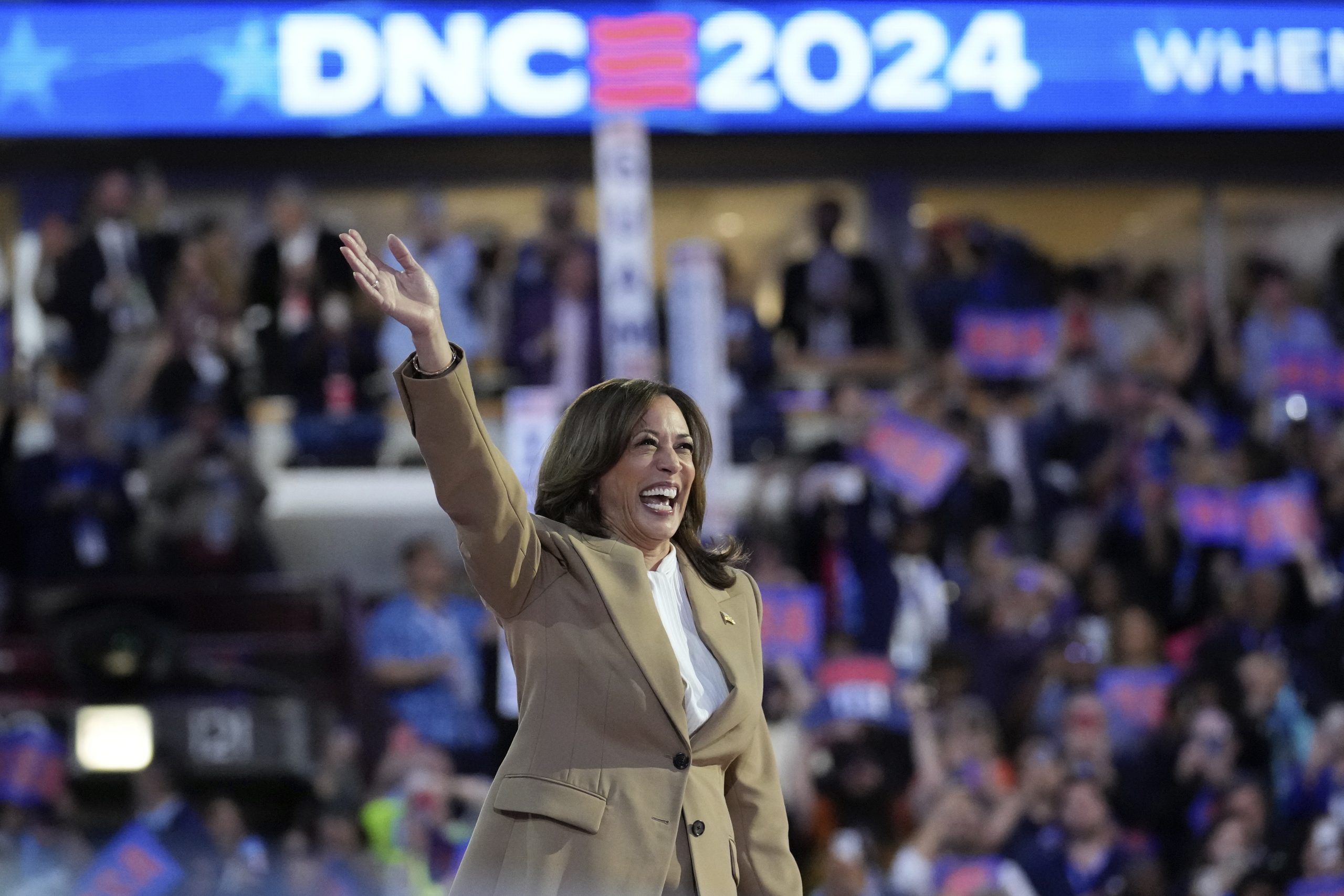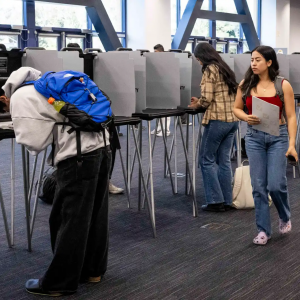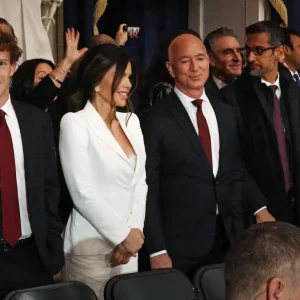At the heart of the American experiment is the principle that our government’s authority and legitimacy are derived from the people that it governs. Primary elections are not formalities; they are tests by which candidates have to prove their fitness to lead, earn the voters’ trust, and establish their platforms before facing the general electorate. The Democratic Party’s decision to bypass a competitive primary process is not only troubling but undemocratic.
While some claim that time constraints and political strategy justify this decision, it sends a strong message to voters that the Democratic Party, which has long positioned itself as a champion of democracy, abandoned its own principles when it mattered the most.
From Backroom Deals to Ballot Boxes: The Evolution of the Democratic Primary
Historically, the Democratic Party has gravitated toward greater voter inclusion in the nomination process. The 1968 Democratic National Convention in Chicago—where the 38th Vice President Hubert Humphrey secured the nomination without winning a single primary—led to backlash and reforms that shifted power from party leadership to the voters.
The Vietnam War was a polarizing issue at the time, and Humphrey’s loyalty to Lyndon B. Johnson as his Vice President disqualified him in the eyes of many Democrats. He represented a continuation of the status quo in a turbulent time that required change, but the delegates elected by the people to support anti-war candidates were unable to prevent his nomination. What came after his ascent was public outrage and calls for reforms in the nomination process.
Prior to the reform, the nomination process was largely controlled by party elites behind closed doors. After the 1968 DNC, the establishment of the McGovern-Fraser Commission sought to expand participation in the Democratic primary process. New rules prohibited the selection of delegates before the election year, and delegates could only be awarded to candidates based on primaries and caucuses. The rule requires state parties to establish clear guidelines for delegate selection and seeks to give the power back to the people instead of party leadership, but this effort was reversed in the 2024 Democratic presidential nomination process when Joe Biden hand-picked Kamala Harris to be his successor.
Elections Are Meant to Test Candidates, Not Coronate Them
On June 27, 2024, former President Joe Biden delivered a catastrophic debate performance that left the Democratic Party scrambling. But it was the days that followed that would determine the fate of the nation. After dropping out of the race on July 21, Biden immediately endorsed his Vice President and presumptive successor, Kamala Harris, effectively shutting down space for other Democrats to run against her. His decision disregarded the party leadership’s calls for a primary process—possibly out of spite for being pressured to exit and as a way of telling the party elites that he would handpick his replacement.
Harris herself said in a statement that she is “honored to have the President’s endorsement and [her] intention is to earn and win this nomination.” But she never truly had to. Instead of facing a rigorous primary contest, she consolidated sweeping support from delegates and members of Congress. Harris needed 1,967 delegates to secure the nomination, and by July 26, 3,359 delegates pledged their support for her, clearing the playing field within just days. Rather than proving herself in a competitive race, the party coalesced around her out of necessity.
During an interview with The New York Times, former House Speaker Nancy Pelosi said, “had the President gotten out sooner, there may have been other candidates in the race” and she believed Harris “would have done well in [a primary] and been stronger going forward” but Biden’s immediate endorsement of Harris made it impossible to hold a primary and for other candidates to compete against her. Pelosi believed if Biden had dropped out earlier, “things would have been different.” Former President Barack Obama didn’t endorse Harris until 4 days later, suggesting at least some hesitation.
Harris’s ascent to the top was not necessarily about excitement for her candidacy but rather the political optics and consequences of denying her the nomination. Yet, the lack of a competitive process raises serious concerns. Was this about party unity or about preventing the emergence of a more progressive challenger?
Harris is left-leaning by almost all measures—supporting abortion rights, climate action, and expanded social programs—but she is also an establishment figure, someone who could reassure Wall Street, party donors, and institutional power brokers. By clearing the field for her, the party signaled that it wasn’t just avoiding a more radical leftist but also protecting the existing hierarchy. The lack of a primary means there was no opportunity for the party to have a real conversation about its future, and instead, it defaulted to the status quo by balancing its progressive and moderate factions.
What if there was a Primary?
What if there was a primary? Would Kamala still be the winner? We will never know. It was a dismissal of the democratic process to bypass the voters, and even if she secures the nomination, it would be better for her own legitimacy to do so through an open contest by defeating other candidates to prove her qualifications. Competition within the party would force the nominees to refine their message but an open contest would also inevitably lead to polarization. After becoming the nominee, Harris has shifted to the center to reach the moderate voters, but on a debate stage, things could easily get out of control; the nominee would have to change their message to appeal to the small faction of partisan primary voters and shift further to the left against their will.
According to a study conducted by Protect Democracy, a non-profit organization, primaries do shift parties towards more extreme ideologies, but its most significant impact is weakening party control by its leaders and the emergence of unqualified candidates who are uninterested in policymaking but gain traction in the process by being entertaining, which is exactly how Trump won in 2016. The Democrats could have faced the same risks in 2024, but this logic prioritizes order over democracy. The Democratic Party had an opportunity to uphold its values in a critical moment—transparency, accountability, and trust in the electorate—but chose expediency instead. Even a brief primary would have allowed for a meaningful debate about the party’s future direction and tested Harris on a national stage to build a brand. By opting for coronation over competition, the party silenced that conversation. That is not just a missed opportunity—it’s a fundamental failure of democratic leadership.
Image Source: The Associated Press






Comments are closed.